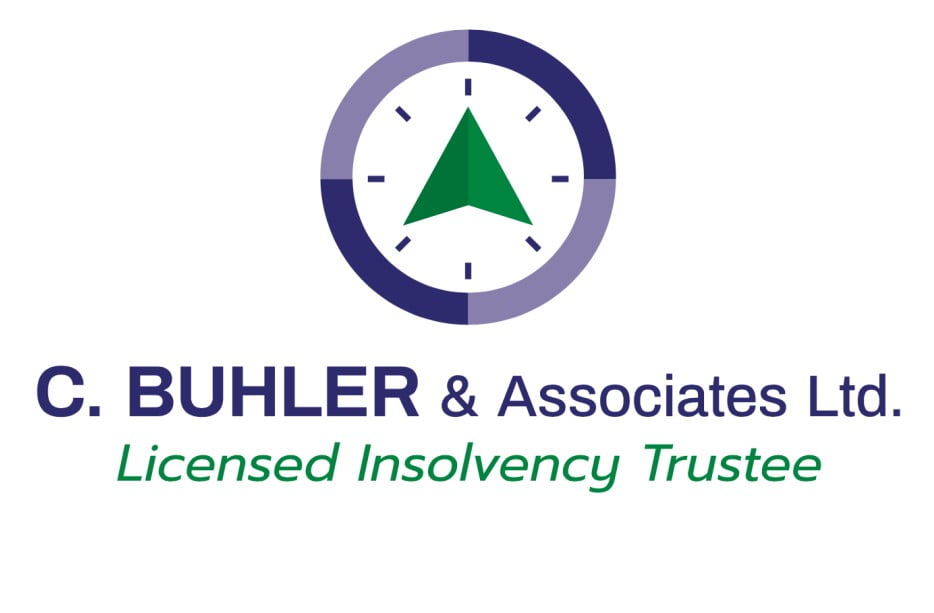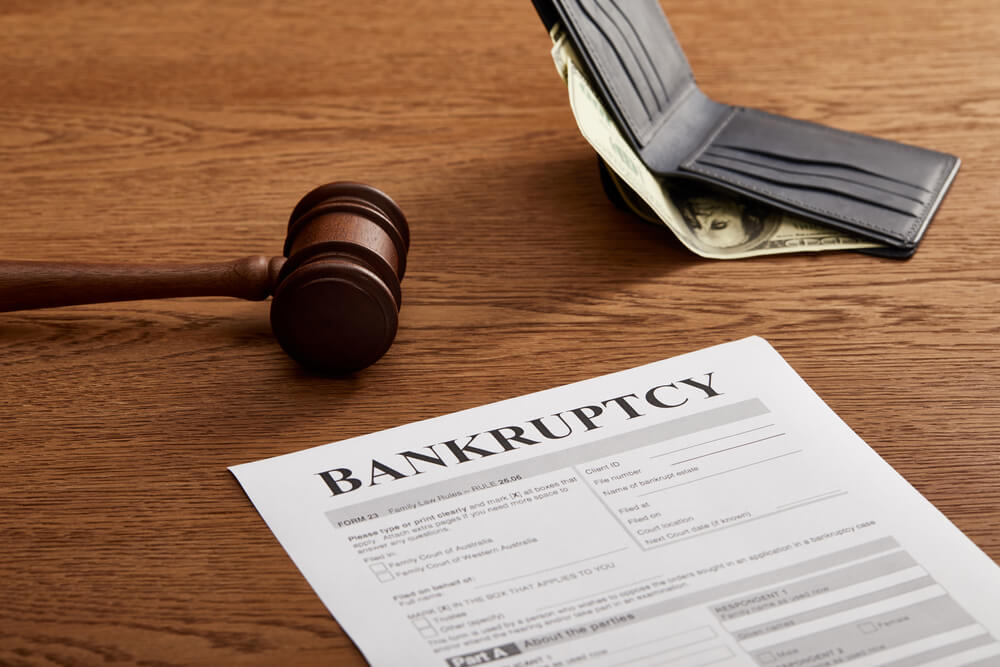It may make sense to get creditor protection and file for bankruptcy when you have no other options available. It isn’t the right move for everyone, but it could be right for you. What should you know about the pros and cons of bankruptcy in Canada?
Here are a few things to be aware of before you file bankruptcy and become debt-free:
The Pros of Filing for Bankruptcy in Canada
Many people are eager for debt relief from the bankruptcy process. Here is what you can expect with help from a bankruptcy trustee:
Immediate Creditor Protection
Filing for bankruptcy puts all sorts of unpleasant things on hold, like being hounded by creditors. Once you have an insolvency trustee in Winnipeg, creditors must abide by the legal action. That means you get relief from the calls, night and day, from creditors seeking payments.
No More Wage Garnishment
Another advantage to a bankruptcy discharge is that it stops wage garnishment for debts. It won’t stop wage garnishments for child support or spousal support payments, but other bill payments, like credit cards, are postponed.
Get Debt-Free
A bankruptcy filing may also give you the freedom to be debt-free—perhaps for the first time in your adult life. It’s a fresh financial start. There are a handful of unsecured debts that cannot be discharged in a debt settlement so talk with your trustee to ensure you understand exactly which unsecured debt will remain.
Clean Credit Report
Last but not least, you will finally have a target date for a clean credit report. This gives you the freedom to work on your credit rating which can enable you to buy a home or take out an auto loan in the future.
The Cons of Filing for Bankruptcy in Canada
While it might sound like a good thing for some people to file for bankruptcy, it isn’t all sunshine and roses.
Filing Isn’t Free
During the bankruptcy process, you are required to make payments as determined by the Office of the Superintendent of Bankruptcy, which is based on your monthly income. A licensed insolvency trustee can determine what you will be required to pay and a payment plan can be worked out. In addition, you may be required to make payments to the Trustee to retain assets, where possible.
Credit Score Damage
You will eventually receive a clean credit report, but your credit will suffer in the short term. When you file for bankruptcy, it shows up on your credit for six years after your discharge (fourteen for a second bankruptcy). During bankruptcy, you are required to attend two financial counseling sessions, which will teach you methods you can use to increase your score following your discharge from bankruptcy.
Document Submission
Working with a credit counsellor is a mandatory part of your bankruptcy. You will need to submit documents proving your monthly income and expenses, and provide the Trustee with documentation to file your income taxes for you. This reporting is mandatory before you are released from the debt that was included in your bankruptcy.
Conclusion
There are pros and cons to filing for bankruptcy. Canada has a unique structure that will help set you on the path to healing your financial situation. Licensed insolvency trustees can help you explore all the bankruptcy alternatives before you decide on what is right for you. Debt consolidation may be an option.
Get help with bankruptcy in Winnipeg. Reach out to C. Buhler & Associates Ltd. to learn more about the process of filing for bankruptcy and getting help from a licensed insolvency trustee.





